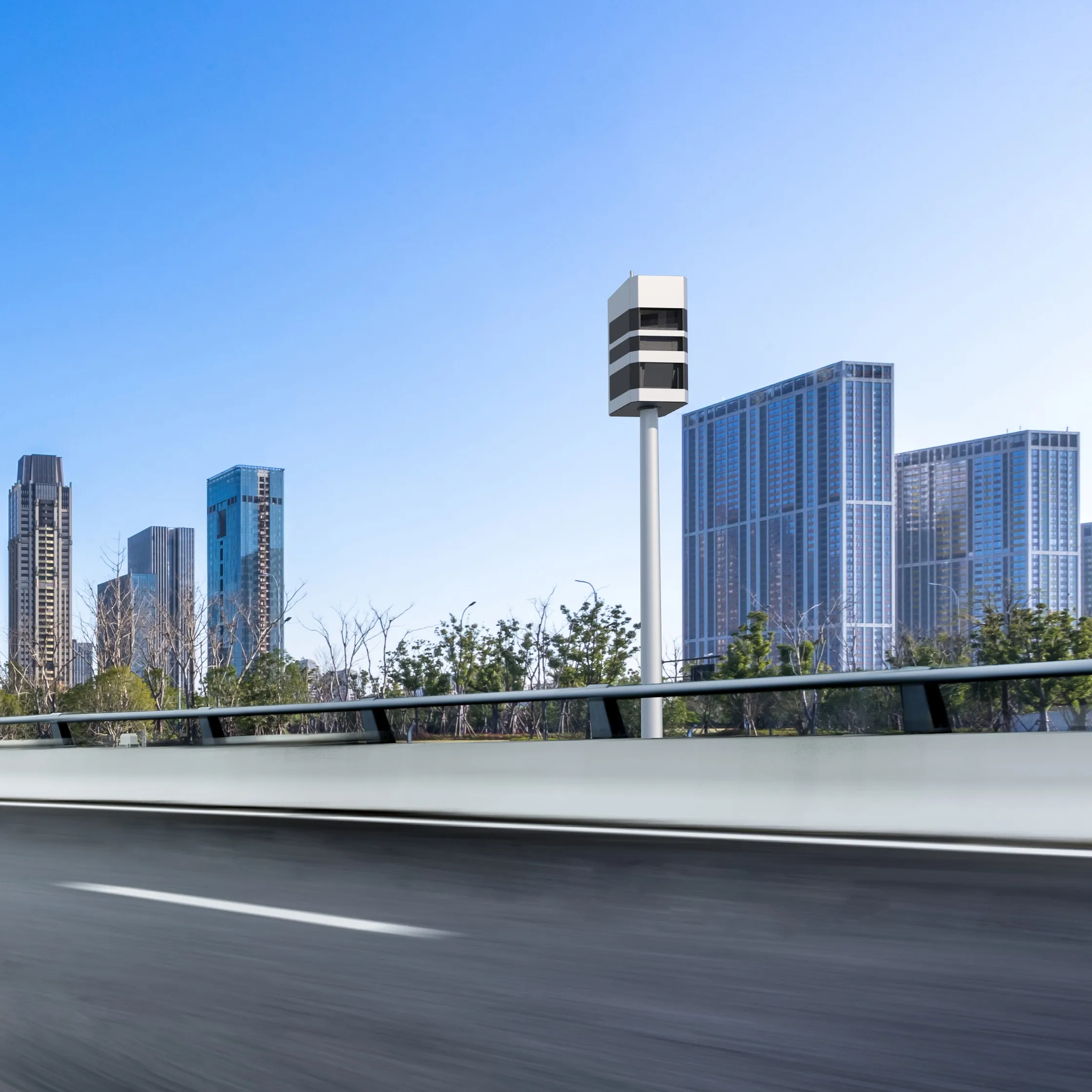
Vitronic's scanning Lidar-based speed enforcement technology will be used in Maryland, US, on a road safety contract which begins later this month.
Conduent, which has a 10-year operator contract with the state's Montgomery County, is to install 90 Poliscan FM1 speed monitoring systems.
These offer both speed measurement and automatic licence plate recognition (ALPR) - the latter being useful for identifying stolen vehicles, checking that vehicle tax and insurance have been paid and finding cars for which alerts have been issued.
Vitronic is also supplying 11 Compact City Housing systems with a working height of 3m, which the firm says makes them ideal for sites where space is of the essence.
The new Vitronic systems will replace existing radar-based systems.
Vitronic says that a 2016 IIHS study proved that Montgomery County’s speed enforcement programme had 'significantly reduced' offending: "For example, the probability of vehicles in the enforcement areas exceeding the maximum speed by more than 10 mph fell by 62%. The risk of accidents involving serious injury and death was also reduced by 39%.
“Scanning Lidar technology has clear advantages over radar-based systems," says Niclas Andersson, vice president at Vitronic USA.
"For instance, precise measurements can be taken at all times and in all weather, even in heavy traffic and over several lanes. There is no risk of data capture errors due to ghosting as each measurement is uniquely assigned to the respective vehicle. Scanning Lidar also makes it possible to clearly differentiate between vehicle classes."








